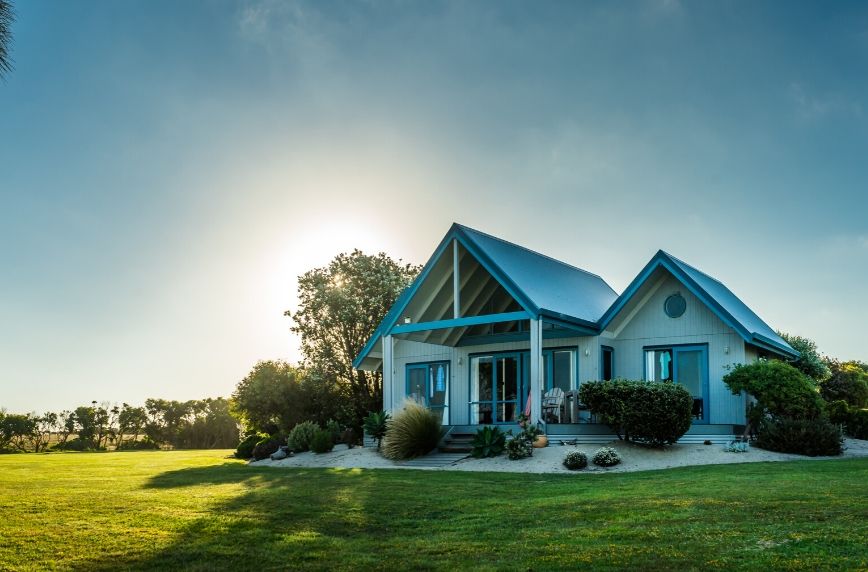What to Know Before Moving to the Country


The allure of the country is clear: the peaceful quiet, the natural landscapes, the stars clear as day in the night sky. All of it and more coalesce into a wonderful environment to live in. That said, there are some factors to know before fully committing to your move. Here’s what to know before moving to the country.
There’s More Travel Involved
The first thing to know before moving to the country is that you’ll end up driving much more. There is a much higher chance that your commute will be thirty minutes or more, and you may not have as direct a route to work as a suburban- or urbanite. You’ll want to follow country road driving safety tips, such as passing cautiously and watching for slow-moving farm vehicles.
Also, there will be fewer restaurants, grocery stores, movie theaters, and more in your immediate radius if you live in the country, meaning more drive time to go out. If you’re prepared to invest an hour to drive there and back to watch a movie, it’s clear the benefits of living in the country outweigh the driving costs. Be aware, as you drive more, you’ll need to pay attention to your car’s tires and other maintenance. There are many different causes of tire damage, many of which become more extreme when driving long distances on at-times poor quality roads.
Isolation from Others
While the quiet is a blessing, it can also catch people off guard. When in the country, you don’t have as many neighbors around and fewer kids nearby for your kids to play with. If you find that you want your kids to have the experience of running down the block to a friend’s house, a move may be an unwelcome change for your kids. Also, know that your access to emergency services and contractors isn’t as easy in the country. If a natural disaster strikes, you need a furnace fixed, or someone needs medical attention, it will take a bit longer for help to arrive or for you to drive towards help.
The Community is Tight-Knit
Given the potential drawbacks of increased travel and isolation, the close-knitted-ness of the country can make these drawbacks worth it. Anyone who lives in a rural area for a couple of years can tell you that country life is one where you feel more known by people in your town. You see neighbors at the town café, remember and wave at neighbors’ cars as they pass by, and generally interact more than suburban and urban residents. The less hectic pace of rural life gives space for more frequent interaction with people in your area, too. If you were to move to the country, while you may be physically distant, if you invest in others nearby, you’ll find that they make up for this physical distance with relational intentionality.
